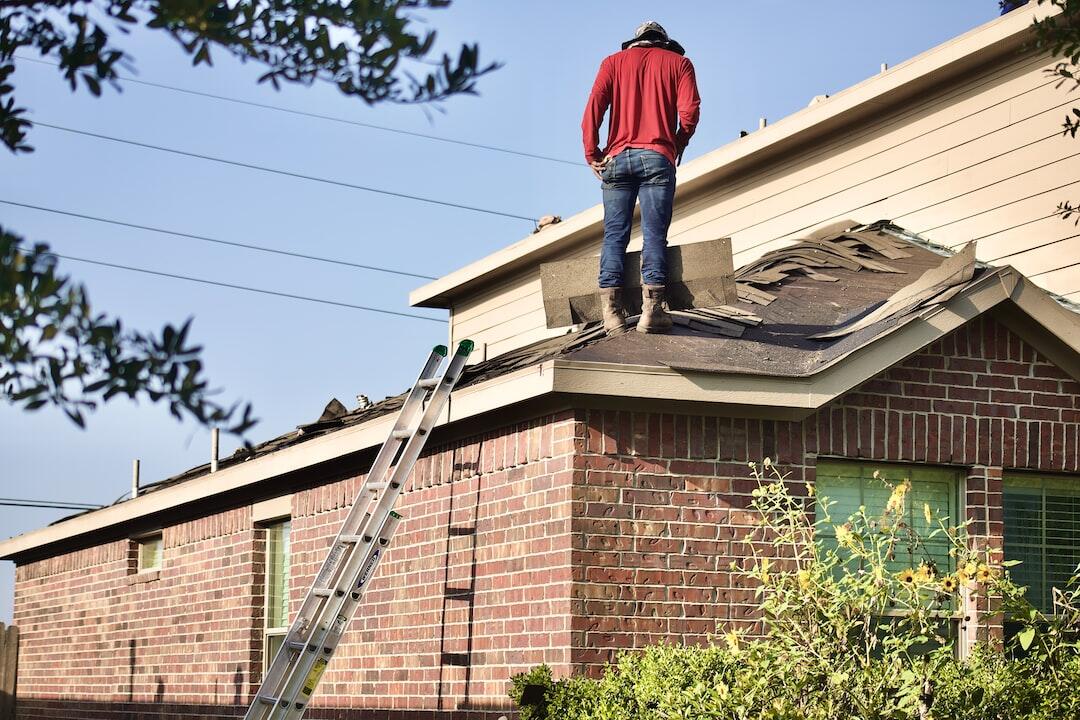Your home’s air conditioning system is an essential tool for surviving Texas’s harsh summer months. When the temperatures can get into the high 90s, it’s important to stay indoors where it’s cool. However, that doesn’t mean your HVAC system is meant to withstand these severe weather patterns.
Exterior HVAC units must combat these extreme temperatures while also cooling indoor spaces. This can overexert them and cause increased wear and tear. Components such as compressors and fans can become more vulnerable to damage.
Here’s what homeowners can do if they need emergency AC repair this summer.
Immediate Steps After Damage
The first thing you should always do if you suspect major damage to your AC unit is to ensure it is safe to approach. A damaged AC unit can still have electricity flowing through it, which could make it dangerous to handle.
If there is standing water around it, keep a safe distance. You should also turn off any power going into your unit if you can. Otherwise, it’s best to wait for emergency services to come and ensure that the unit is harmless.
Next, perform a visual inspection to look for any obvious signs of damage. This can help you assess whether or not the damage extends into the inner mechanisms.
Heavy rain and flooding can cause water damage to your AC unit. Check if the area is flooded or if water has entered your electrical components. This can even occur to the inside part of your system if there’s a leak in your home.
Select a Reputable HVAC Company
Choose a reputable company in Katy, TX that offers emergency HVAC service. They should be able to provide urgent AC repair services throughout the summer.
Look for companies with good reviews, proper licensing, and insurance. You may also want to ask your friends and family about which companies they have worked with in the past. Compare quotes and decide on the one that best fits your budget and expectations.
Until they arrive, don’t touch your AC system or attempt to fix it yourself. You could violate your warranty by doing so and potentially make it worse.
Schedule an Inspection
Once you’ve decided on an HVAC company, you can have them come in to inspect your AC unit. The technician will assess the extent of the damage and should provide a detailed report. They will advise you on how you can proceed, which may include either extensive repairs or a complete replacement.
Keep all of this interaction documented for the sake of your warranty. Your homeowner’s insurance may also need this information if they offer any kind of coverage.
Consider Temporary Solutions
It could take a while for the company to finish your AC repair or to shop for a replacement. In the meantime, you’ll still have to struggle with intense temperatures and a lack of airflow inside your home.
While you wait, consider temporary cooling solutions.
Open your windows at night to take advantage of the cooler air and promote a cross-breeze. Close your window coverings during the day to block the heat of the sun.
Use your fans to promote airflow throughout your home. Exhaust fans may also be used in your kitchens and bathrooms to vent out hot air.
Evaluate the Cost of Repairs
Your HVAC technician should provide a repair estimate. This can help you determine the cost of repairs and whether or not it’s worth fixing it versus replacing it.
A Carrier’s warranty will cover key components such as compressors, condensers, and blowers. This will help if parts naturally develop issues as you use your AC.
However, warranties don’t cover damage due to natural disasters. In this case, you would need to check your other insurance policies to see if they can help cover the cost of repairs.
Check Homeowners Insurance
Many homeowners insurance policies cover damage due to severe weather, especially if the weather conditions are common in your area. It all depends on the type of policy you’ve purchased. Some are very particular about what they will cover.
For example, a standard homeowners policy may provide coverage in case of weather-related damage. However, it won’t cover wear and tear damage that is due to insufficient maintenance.
As a homeowner, it is your responsibility to schedule regular maintenance so you can avoid the need for a fast AC fix.
Consider Upgrading
Not all damages are worth repairing. In some cases, the repairs to your AC unit may be so extensive that you’d be better off upgrading to something newer.
Modern AC units are generally more energy-efficient and can save you money on your utility bills. While the initial installation cost will set you back, you’ll have more consistent cooling and pay less each month on energy.
In some cases, you may not need to change both your indoor and outdoor units. It all depends if both have sustained damage and to what extent.
Take Preventative Measures
Preventative maintenance is key to preventing emergency AC repair in the future. As such, always make sure to schedule regular maintenance checks with a professional HVAC service. It doesn’t have to be the one who did the installation, but it doesn’t hurt.
Install surge protectors to keep your AC unit’s electrical components safe. These help to prevent any electrical damage during lightning strikes and power surges.
If your home has an outdoor unit, make sure that it’s securely mounted and protected from debris. A cage around the unit can keep large sticks and debris from getting inside. You may also want to trim surrounding vegetation to prevent loose objects from falling onto it.
Find Emergency AC Repair in Katy, TX
If your AC isn’t working well after a bout of extreme weather, then it’s possible you’re in need of emergency AC repair. Don’t try to fix it yourself, even if you have experience with patch jobs. Always have a professional come out to take a look and give you a rundown of what went wrong.
Texas Eagle AC and Heating provides air conditioning and heating services for Katy, TX that you can trust. We offer free estimates for all of our services as well as easy payments and low financing options. Contact us today so we can take a look at your HVAC system.




